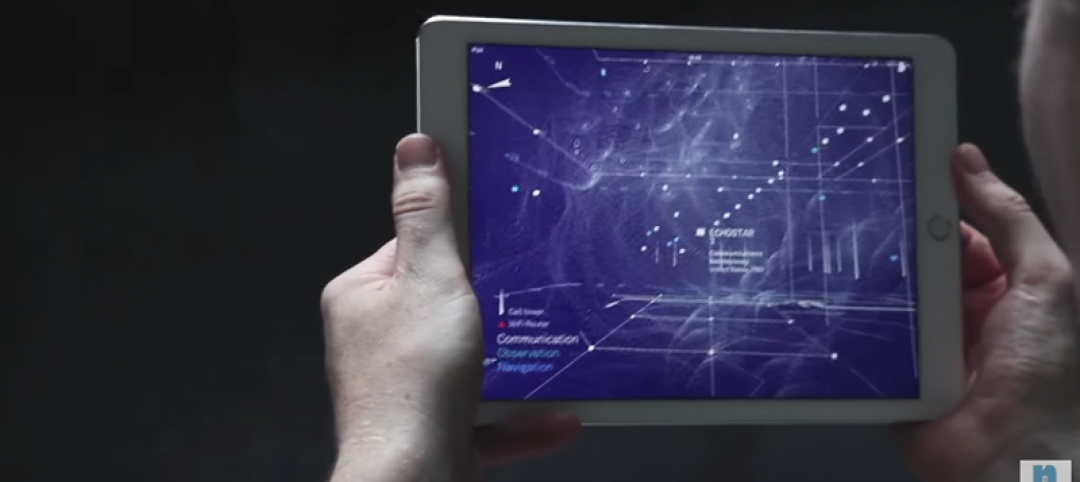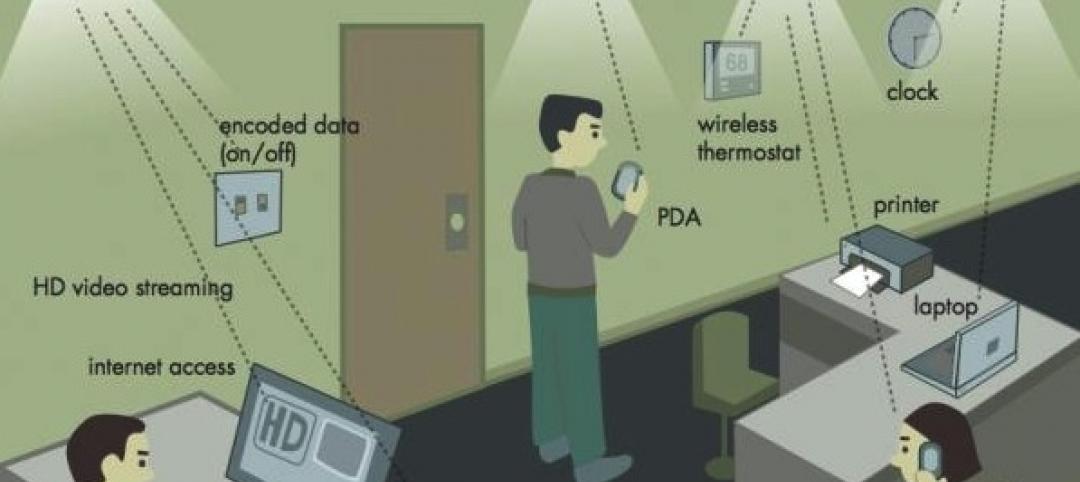
The American Institute of Architects and the AIA California Council have released the results of “Integrated Project Delivery: Case Studies,” a collection of six studies that showcases the process changes and efficiencies of completed building projects that utilized and implemented IPD.
IPD is a construction project model in which owners, design professionals, and general contractors or construction managers jointly share a project's risk and reward. The IPD projects described in the AIA study are the Autodesk AEC Solutions Division Headquarters, Waltham, Mass.; Sutter Health Fairfield (Calif.) Medical Office Building; Cardinal Glennon Children's Hospital, St. Louis; St. Clare Health Center, Fenton, Mo.; Encircle Health Ambulatory Care Center, Appleton, Wis.; and Walter Cronkite School of Journalism, at Arizona State University, Phoenix.
In each case, AIA researcher Jonathan Cohen, FAIA, collected data to measure the completed project against the stated goals of the project team. Through interviews with project participants Cohen and his team also attempted to tell the story of how each project was conceived and carried out.
“Based on these initial reports, IPD is proving to be a solution that frees parties from the processes that often weigh a project down,” Cohen said. “It allows for creativity and innovation in the way stakeholders approach a project—avoiding a 'one size fits all' formula and instead, finding solutions unique to the specific building issues.”
Cohen visited all of the case study projects and interviewed Building Team participants, including one or more representatives of the owner, the architect, and the general contractor or construction manager, and in most cases, the major engineering consultants, specialty subcontractors, building users, and other stakeholders.
Cohen's report includes sections with project detail on early involvement of key participants, shared risk and reward, multi-party contracts, collaborative decision making and control, liability waivers among key participants, and jointly developed and validated targets for all six of the case studies.
Lessons learned and a narrative of each project are detailed in the case studies as well, highlighting obstacles overcome and process changes. In the Sutter Health Project, for example, a few of the subcontractors did not want their foremen attending group scheduling meetings. General contractor Boldt now makes attending those meetings a mandatory requirement for its subcontractors.
“These studies show that IPD is most successful when owners, architects, engineers, and builders step outside the boundaries of traditional roles into a more fluid, interactive, and collaborative process,” Cohen wrote.
AIA spokesman Matt Tinder said that AIA and the AIACC will continue to update the report with new IPD research and that subsequent research will be incorporated into AIA's contract documents, notably C191-2009, Standard Form Multi-Party Agreement for Integrated Project Delivery; C197–2008, Standard Form of Agreement Between Single Purpose Entity and Non-Owner Member for Integrated Project Delivery; and C197–2008, Standard Form of Agreement Between Single Purpose Entity and Non-Owner Member for Integrated Project Delivery.
The entire report is available at http://www.bdcnetwork.com/file/10156-AIA_IPD_case_study.pdf—Jeff Yoders, Senior Associate Editor
Related Stories
BIM and Information Technology | Dec 21, 2015
Laser scanning and in-shop prefabrication a boon for the WellStar Paulding Hospital
Contractor Brasfield & Gorrie’s use of BIM and prefabrication on the Hiram, Ga., hospital shows how digital tools can lead to savings, safety, and better construction.
Sponsored | BIM and Information Technology | Dec 17, 2015
How is the Value of VDC for Design Management Translating Outside the US?
Sascha Vesterlund, a VDC Specialist, Design Processer with MT Højgaard, and Nathan Wood, Innovation at DPR Construction, shared their perspectives on VDC
BIM and Information Technology | Dec 3, 2015
New app visualizes cellular and Wi-Fi signals in an area
Using data collected from millions of cell towers and Wi-Fi routers, the app makes the invisible visible.
BIM and Information Technology | Nov 30, 2015
Light-based wireless technology is 100 times faster than Wi-Fi
Li-Fi, which reaches speeds of 224 gigabits per second, is being tested in Estonia.
Sponsored | BIM and Information Technology | Nov 25, 2015
Contractor leverages dynamic site logistic plan as BIM deliverable
I recently sat down with two Architects-Turned-VDC-Process-Managers to discuss the ways in which they are leveraging technology to bring the value of BIM downstream
BIM and Information Technology | Nov 24, 2015
Solving the data conundrum with better tools to capture, share, and analyze information
At a recent Thornton Tomasetti symposium, experts showed how designs and projects can be improved by granular information that’s accessible to more users.
Modular Building | Nov 19, 2015
AECOM and Project Frog form partnership for building modular data centers
The Rapid Deployment Team will provide solutions for data centers both small (1 MW) and large (50+ MW).
BIM and Information Technology | Nov 18, 2015
AIA: Energy modeling key to reaching carbon neutrality in buildings
Energy modeling allows architects to be more ambitious with energy-saving in their design projects.
Green | Nov 17, 2015
DOE launches new data collaborative to help cities and states boost building efficiency
The SEED Standard will help manage, standardize, share performance data.
Sponsored | BIM and Information Technology | Nov 12, 2015
Is the PDF revolution advancing BIM workflows?
Many project teams who struggle to get everyone up to speed with BIM, find PDFs a useful tool to bridge the gap between the BIM world and the paper world













